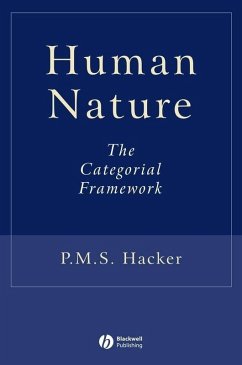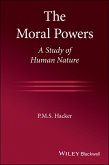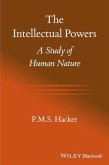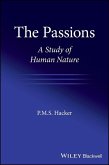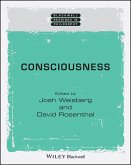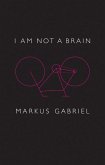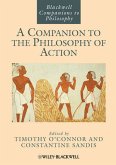This major new study by one of the most penetrating and persistent critics of philosophical and scientific orthodoxy, returns to Aristotle in order to examine the salient categories in terms of which we think about ourselves and our nature, and the distinctive forms of explanation we invoke to render ourselves intelligible to ourselves.
- The culmination of 40 years of thought on the philosophy of mind and the nature of the mankind
- Written by one of the world's leading philosophers, the co-author of the monumental 4 volume Analytical Commentary on the Philosophical Investigations (Blackwell Publishing, 1980-2004)
- Uses broad categories, such as substance, causation, agency and power to examine how we think about ourselves and our nature
- Platonic and Aristotelian conceptions of human nature are sketched and contrasted
- Individual chapters clarify and provide an historical overview of a specific concept, then link the concept to ideas contained in other chapters
Dieser Download kann aus rechtlichen Gründen nur mit Rechnungsadresse in D ausgeliefert werden.
"Full of helpful distinctions and arguments which show in different ways how carefully we must proceed ... and how sensitive we must be to contexts." (Notre Dame Philosophical Reviews)
"an outstanding contribution to contemporary metaphysics and philosophical anthropology"' (Stephen Mulhall, Philosophical Quarterly)
"an amazing achievement when writing about such potentially confusing and hotly contested issues" (Duncan Richter, Metapsychology)
"an outstanding contribution to contemporary metaphysics and philosophical anthropology"' (Stephen Mulhall, Philosophical Quarterly)
"an amazing achievement when writing about such potentially confusing and hotly contested issues" (Duncan Richter, Metapsychology)

